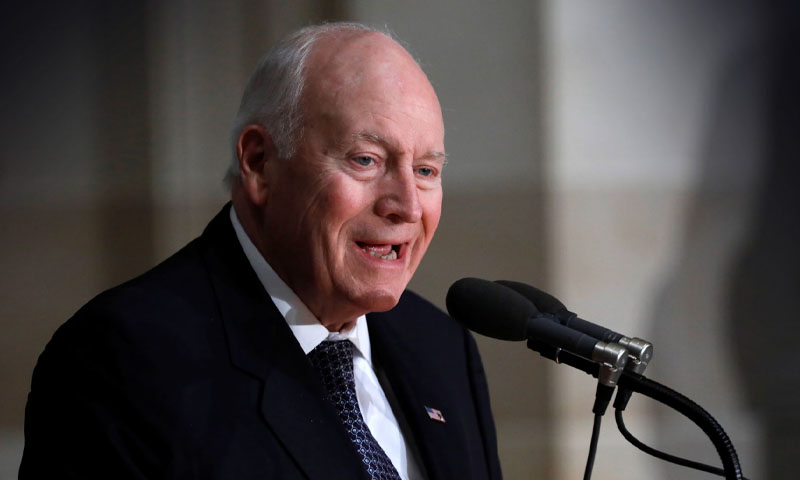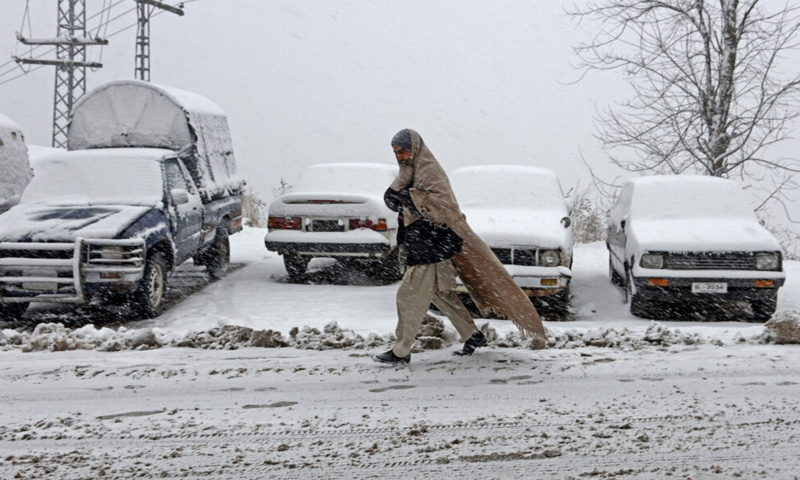- Web Desk
- 14 Minutes ago
Former US vice president Dick Cheney leaves behind complex political legacy
-

- Web Desk
- Nov 05, 2025

In the end, Dick Cheney’s story was not just about power, but about transformation. The former US vice president, long viewed as one of the most powerful and polarising figures in Washington, died this week at 84.
Yet, it was not his years in the corridors of power, nor the wars he helped shape, that defined his final chapter. It was the courage to stand apart from the political tribe he once led.
For decades, Cheney was the embodiment of Republican strength. As vice president under George W. Bush, he wielded influence rarely seen in the office, guiding the response to 9/11 and shaping the controversial Iraq War. To critics, he was the architect of torture and secrecy; to supporters, a patriot who kept America safe.
But as the Republican Party changed under Donald Trump, so too did Cheney’s public role. In an unexpected turn, the man once dubbed “Darth Vader” by his detractors became a quiet critic of Trumpism — and, in his final years, a symbol of a vanishing Republican tradition.
It was a moment in 2022 that truly captured his late-life transformation. Cheney stood beside his daughter, Liz, as she faced political isolation for challenging Trump’s false election claims. “He taught me to stand by what’s right, not what’s easy,” she said later. Their shared defiance came at a cost: she lost her congressional seat, and he lost the party he helped build.
In his final political statement, Cheney publicly endorsed Democrat Kamala Harris for president in 2024, calling Trump “the greatest threat to the republic in its history.” For a lifelong conservative who once served two Bush presidents, it was a stunning declaration — a parting act of conscience.
Cheney’s death has reignited debate over his complex legacy. He leaves behind a nation still divided by decisions he helped make, yet also a generation reminded that conviction sometimes means breaking ranks.




